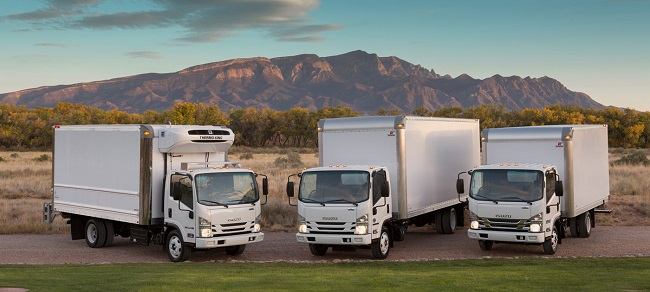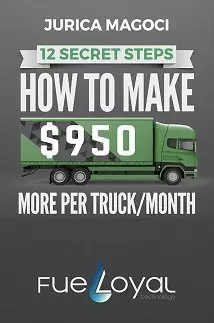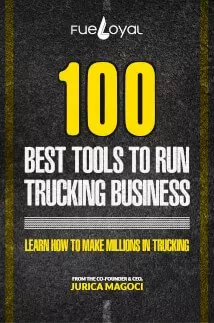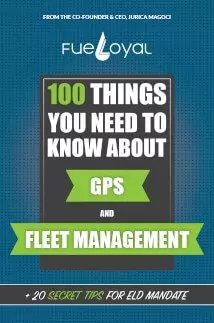Box Truck is just one of the many options you have out there when it comes to transporting freight. The trucking and freight industry has a wide variety of class 8 truck types and trailers used to haul the nation’s cargo.
These ranges from the classic 18-wheeler pulling a van/box trailer to the smaller more mobile box truck witch more often is in the Medium duty truck category.
Any good transportation company needs to keep their fleet open to the various needs of their prospective customers. So that is why it is in your company’s best interests, if you can, to have both standard semis as well as a box truck in your fleet.
So here are some facts about the box truck. This includes some basic information as well has some background about them.

1. Box Truck Regulatory Authority
So who actually has the authority over a box truck, the states or the federal government? To answer your question who holds the authority- In a word, both. The federal government sets the standards while the individual states enforce them. But why and how do they do this?





